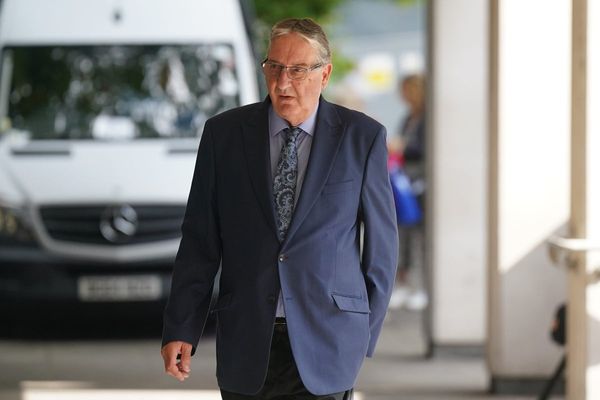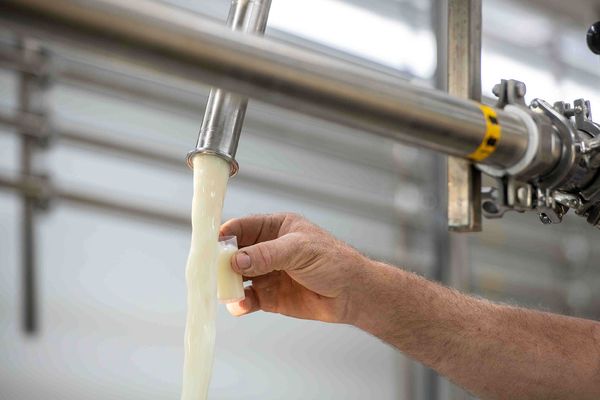Some motorists across the UK have reported issues getting petrol or diesel this week - but there is no current fuel shortage.
Despite the country having plenty of petrol and diesel to go around, some drivers are complaining of petrol stations running out of fuel. The issue seems to be stemming from delivery issues rather than stock problems
Many deliveries of petrol and diesel are being blocked from arriving at local petrol stations. Two major UK campaign groups have decided to block the transport of petrol across the UK in a protest against the UK government about climate change and fossil fuels, reported Wales Online.
READ MORE: Historic law that could see you fined £1,000 for car park change mistake
As the i newspaper reports, Just Stop Oil and Extinction Rebellion announced they intended to disrupt fuel supplies to London and the South East of England earlier this month. However, their protests have managed to cause issues much further afield.
BirminghamLive reported that several pumps in Birmingham had ran out of fuel after failed deliveries. Multiple petrol stations have been forced to put up signs warning drivers that they have no diesel - whilst some have had to shut completely because they've run out of fuel and a much-needed delivery hasn't been able to get them.
Other areas currently affected include Weymouth in Dorset and in Kidlington in Oxfordshire and Harlow in Essex. And in Portsmouth, one concerned shopper has taken to social media today to say that an Asda petrol station is closed whilst a Morrisons petrol station has no unleaded petrol, but does have a huge queue. Sharing a photo of queuing cars, Liz Williams MBE said: "What's going on with the fuel supply? Asda petrol station in Portsmouth shut. Morrisons Horndean no unleaded and huge queue."
Is there a fuel crisis at the moment?
In the UK, there is no fuel shortage. Issues are arising due to campaign groups blocking petrol from being transported to petrol stations - so queues have formed at some petrol stations, and some have run out of fuel, as they have not been able to have their usual regular deliveries.
What happened during the last fuel crisis?
The last fuel crisis in the UK was last autumn and occurred after BP announced it had a shortage of tanker drivers and would struggle to fulfil some deliveries. Their announcement caused widespread panic-buying at petrol stations. This caused long tailbacks and traffic issues - which were reported by news sites due to the traffic issues on the road - which inadvertently led to further panic-buying as people worried why their friends, family members of neighbours had all flocked to petrol stations to stock up.
Are we still getting our petrol from Russia?
Since Russia's invasion of Ukraine in February, 2022, there have been changes to the UK's import of petrol from Russia. Figures from the UK government shared by the Independent newspaper last month revealed that 18% of the UK's diesel comes from Russia - so understandably phasing this supply out could take some time.
Back in March, the UK Government's business secretary Kwasi Kwarteng said the UK would begin to phase-out imports of Russian oil and find alternative supplies - but confirmed this would not be immediate. A statement from the UK Government explained: "The phasing out of imports will not be immediate, but instead allows the UK more than enough time to adjust supply chains, supporting industry and consumers. The government will work with companies through a new Taskforce on Oil to support them to make use of this period in finding alternative supplies.
"The UK is working closely with the US, the EU and other partners to end our dependence on Russian hydrocarbons in response to Russian aggression in Ukraine, recognising the different circumstances and transition timelines. The import of Russian oil makes up 44% of Russian exports and 17% of federal government revenue through taxation – this move steps up the international pressure on Russia’s economy. In a competitive global market for oil and petroleum products, demand can be met by alternative suppliers. We will work closely with international partners to ensure alternative supplies of fuel products."
Receive newsletters with the latest news, sport and what's on updates from the Liverpool ECHO by signing up here







